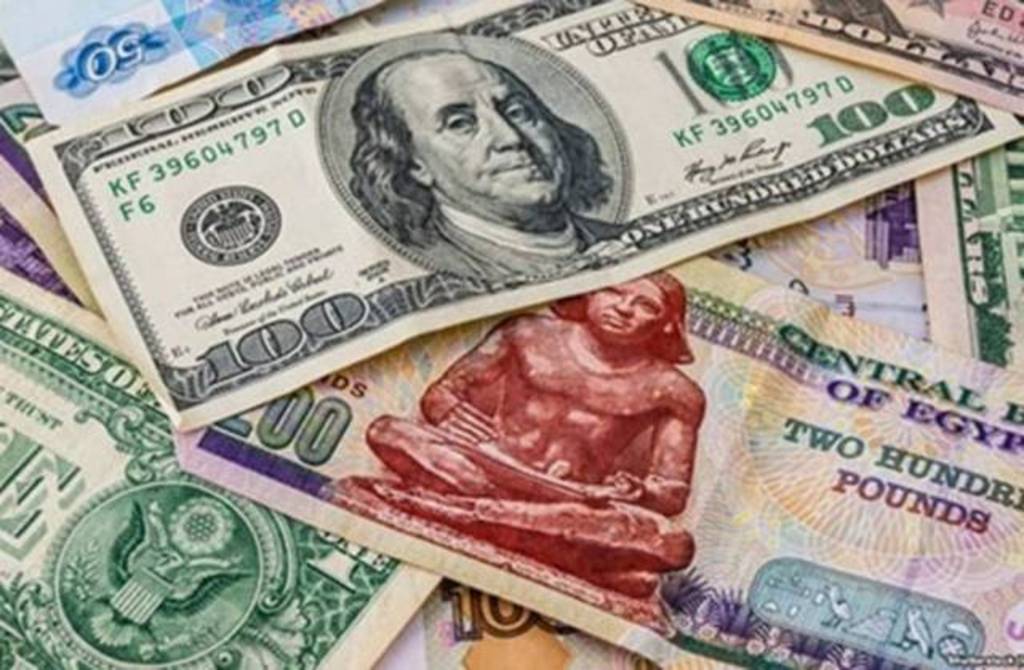
- Risk
- Generic
The exchange rate of a foreign currency (e.g. US$) is the rate or price of this currency in terms of the domestic currency (e.g. EGP) and is usually expressed as the ratio of domestic currency to foreign currency (EGP/UD$). For example, we can say that the exchange rate in Egypt has increased from EGP 15.7 per US$ to EGP 18.5 per US$.
An increase in the exchange rate of US$ means that the domestic currency depreciates (declines in value), and vice versa, a decrease in the exchange rate of US$ means the domestic currency appreciates (strengthen in value). These variations in the exchange rates can have downside or upside effects on the businesses in diverse ways, as follows:
Merchandise Trade
There are economic, geopolitical, and societal factors that can affect the exchange rates in the FOREX market, e.g. changes in GDP, unemployment rate, inflation rate, natural disasters, political stability and wars. All these factors have a significant effect on the supply and demand of foreign currencies. If a country’s currency is in a high demand by other countries, its exchange rate will increase.
If your business trades products or services overseas, then any variation in the exchange rate will have a direct impact on your bottom line. In general, the weaker the domestic currency, the more expensive your imports are and the more competitive your exports would be, and vice versa.
When the local currency depreciates, the units of a foreign currency (US$) obtained by the same amount of domestic currency (EGP) will be less. This will have opposite effects on imports and exports.
Imports
Currency depreciation makes the cost of importing goods more expensive because the firms that import materials or products will have to spend more local currency (EGP) to obtain the same units of a foreign currency (US$), i.e. they will pay more for the same quantity of imported materials or products. This will reduce the company’s profit margin and could lead to a decreased volume of imports.
Currency depreciation can also reduce the price competitiveness of importing companies and in turn increase the competitiveness of domestically produced goods against imported goods.
On the contrary to depreciation, the currency appreciation reduces the cost of foreign goods and materials, giving the importing companies a competitive advantage.
Exports
Unlike imports, the exporting firms will benefit from the currency depreciation and will make more money without altering prices. The currency devaluation will make exports cheaper and even more competitive because the overseas firms will receive more products and services for the same amount of foreign currency—they will pay less for the same amount of products and services.
On the contrary to depreciation, the currency appreciation makes exports more expensive, reduces the competitiveness of exporting firms and reduces their profit margin.
Domestic Business
Even if your business trades domestically without buying or selling overseas, you will still be impacted by the virtue of global economy. So, you have to be aware of variations in exchange rates as they will have an indirect impact on your profitability. For example, a change in exchange rates can affect your operating profit even if you have no foreign operations because at least it will affect the competition with the imported products in the domestic market.
Tourism
A country whose local currency depreciates becomes a favorable destination for overseas travelers since they can now get better value for their money regarding accommodation, food and leisure activities. On the contrary, people in the domestic country who travel for business, pleasure, treatment, education or any other reasons will incur a higher budget due to their domestic currency depreciation.
Investment / Mergers & Acquisitions
A change in exchange rates can affect the dollar value of the firms’ assets and liabilities denominated in foreign currency. Therefore, upon currency depreciation, businesses are devalued and become optimal candidates for a merger or acquisition. International firms with a stronger currency will probably seek to acquire or merge with a business whose currency is depreciated. This will make the domestic business a more attractive investment proposition for foreign investors. On the other hand, currency depreciation will increase the costs of investing in overseas operations by domestic investors and will also increase the cost of servicing foreign currency debt.
Conclusion
The currency depreciation has an upside effect mainly on the exporters’ competitiveness and the domestic tourism industry. However, it has a downside effect on the consumers who buy imported goods and services as well as anyone with fixed income (mainly employees) who will be impacted by the inflation rises without being able to increase their income, which will ultimately decrease their purchasing power.